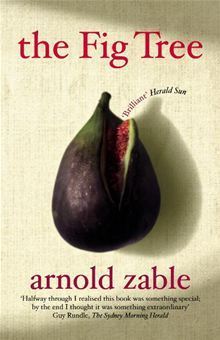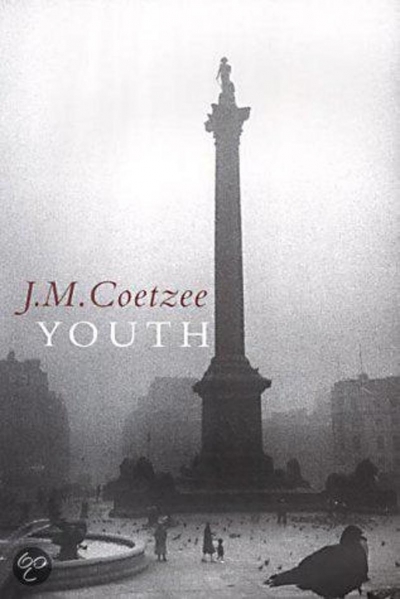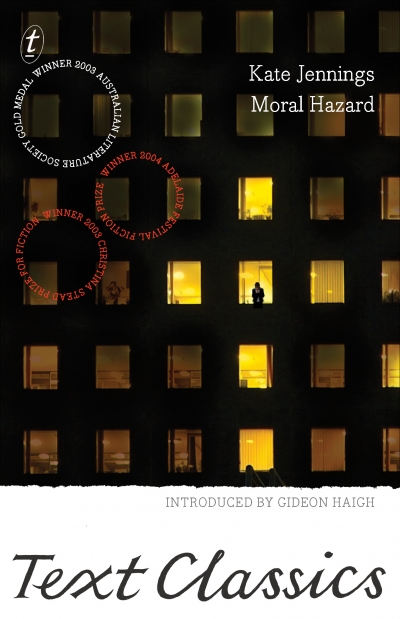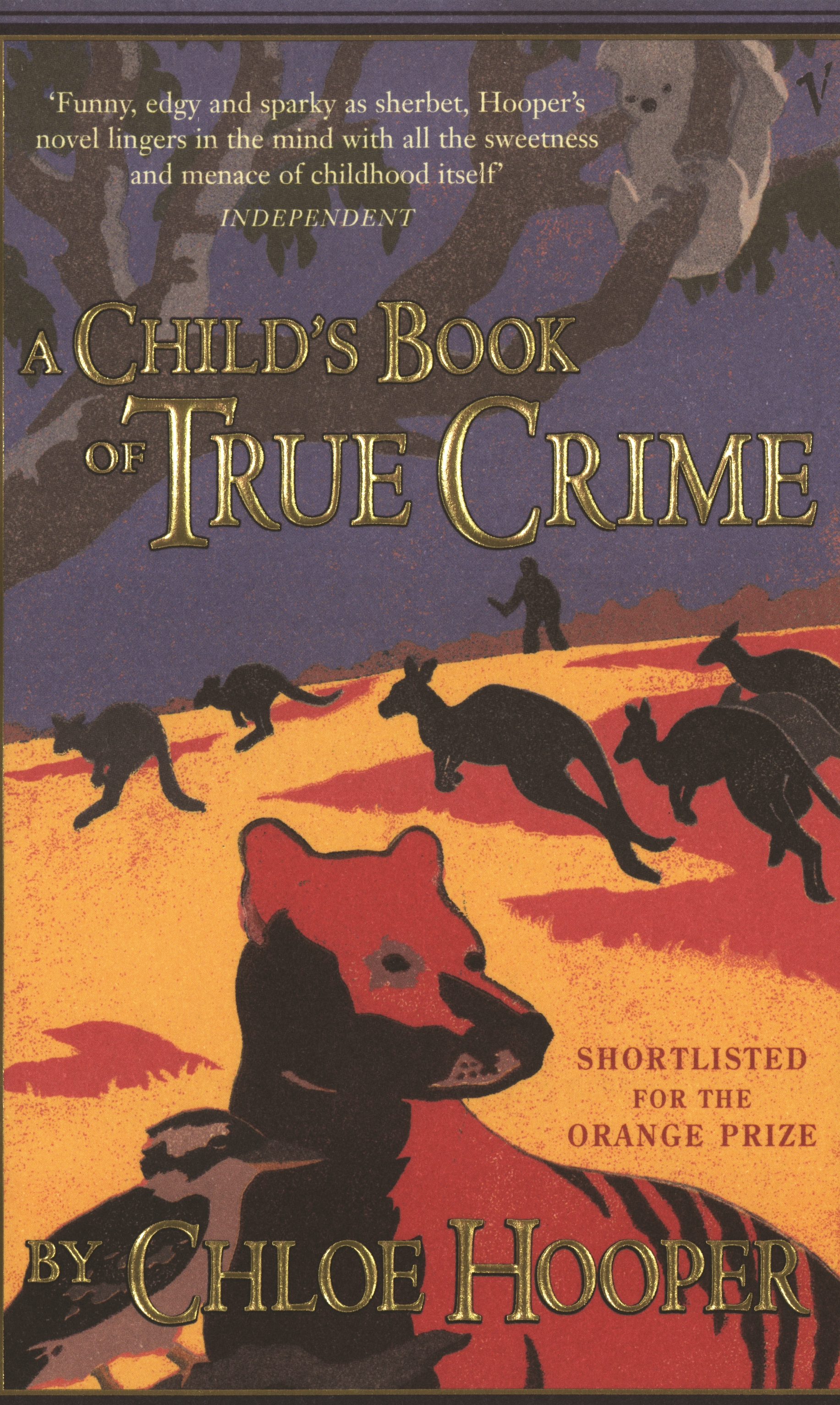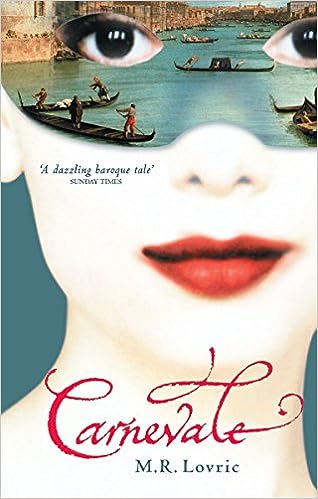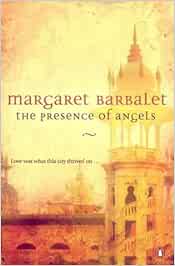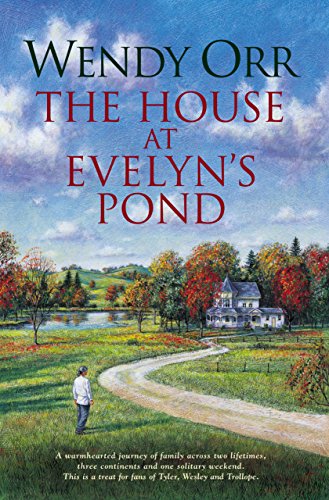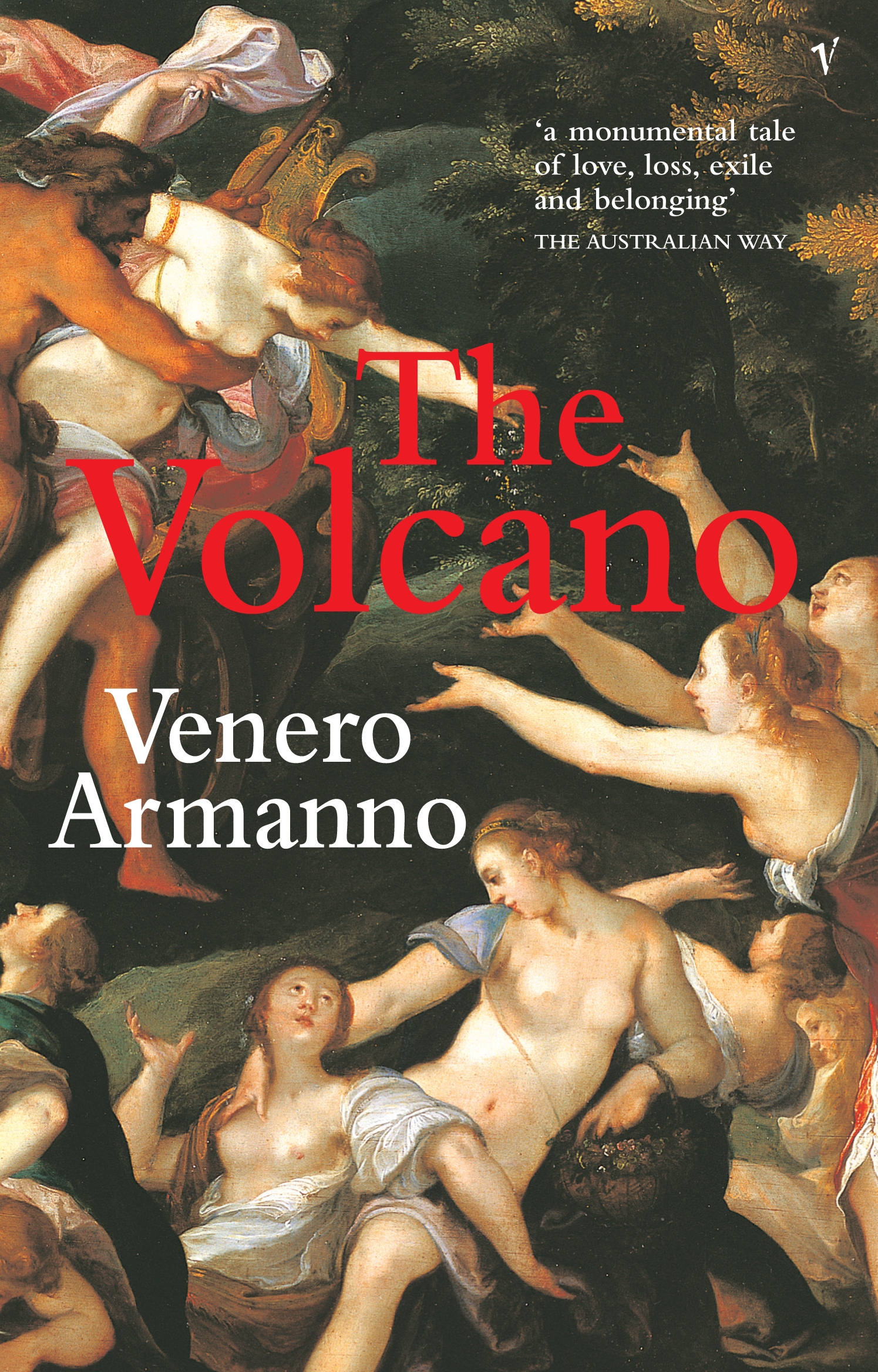Fiction
How does Arnold Zable do it? After two finely wrought, deceptively simple books on Holocaust themes, he has brought out another, linking tales of the Greek island of Ithaca with the stories of his parents, Polish Jews, and their contemporaries who settled in Melbourne just before or just after the Annihilation, as Zable prefers to call the Holocaust.
... (read more)In Youth, the South African novelist J.M. Coetzee (who has recently taken to the Adelaide Hills) continues the project he began with Boyhood: Scenes from provincial life (1997). We are told by the publishers that this is a novel; indeed, the use of the third person throughout makes this plausible ...
... (read more)Moral Hazard by Kate Jennings & Judgement Rock by Joanna Murray-Smith
From at least the mid-1980s, it has been almost obligatory for Australian reviewers to bemoan the dearth of contemporary political novels in this country. In some ways, this is a predictable backlash against the flowering of postmodern fabulist novels of ‘beautiful lies’ (by such writers as Peter Carey, Elizabeth Jolley, and Brian Castro) in the past two decades ...
... (read more)A Children's Book of True Crime by Chloe Hooper & Regret by Ian Kennedy Smith
These two novels can be read as intelligent manipulations of the crime genre, exploring the inarticulacies as well as the betrayals, real or imagined that can precipitate acts of violence. Chloe Hooper’s impressive début, A Child’s Book of True Crime, explores, in her words, ‘the twilight space between childhood and adulthood’. The means for interrogating this porous and ambiguous zone include a primary school teacher complicit in her own infantilisation, school children with steadier insights and clarity than their teacher, a faux children’s story narrating the details of a gruesome murder, and adults participating in games of emotional brinkmanship that their children would probably play as variants of ‘chicken’. Regret, by contrast, is more concerned with the isolation that occurs once the growing up ostensibly has occurred. While Chloe Hooper is at the beginning of a career with the potential to produce exceptional work, the experienced Ian Kennedy Smith is the more accomplished storyteller with Regret.
... (read more)There is something irresistible about trying to trace a connection between notorious lover and memoirist Casanova and notorious lover and poet Lord Byron in Venice – the seductive city where both men worked their way through galleries of women. Casanova estimated that he had had more than one hundred and thirty in 1798, the year of his death, although that was his lifetime’s count, not just the Venetian episodes. Byron, on the other hand, reckoned that he had got through more than two hundred in Venice alone – and in less than two years – before he stopped counting. Between their frenzied trysts was a tantalisingly small gap of thirty-odd years: Casanova was sent into his final exile from Venice in 1782, before Byron was born; Byron arrived in 1816. People who had known the Italian must have met the Englishman.
... (read more)The Presence of Angels by Margaret Barbalet & Coldwater by Mardi McConnochie
Mardi McConnochie’s first novel is a strange strain of literary adaptation. In Wide Sargasso Sea, Jean Rhys manufactured a life for Charlotte Brontë’s madwoman in the attic, Bertha Rochester. McConnochie goes one step further and hijacks the Brontë sisters themselves, transplanting them from their Yorkshire home to an island called Coldwater somewhere off the colony of NSW. There the sisters are literally and metaphorically imprisoned; Coldwater is a penal settlement and their father is the prison warder. Desperate to escape their probable futures as ‘bush wife, town wife or military wife’, the sisters decide they fancy their chances as authors. Coldwater facilitates this ambition by providing a backdrop where fact and fantasy can be unhappily wedded. The idea is that the collusion of isolation, violence and romance will offer these quasi-Brontës the requisite inspiration for future books. Hence a new prisoner, Finn O’Connell, ‘feral, untamed, unbowed, yet somehow noble’, becomes the prototype for Heathcliff and the desolate, inhospitable island is reconstituted as the whispering Yorkshire moors.
... (read more)Nikki Gemmell’s third novel, Love Song, set in both Australia and England, is a striking and memorable work. The style is sharp, jagged even, but so energetic that it sucked me in. I had to read it twice to know more than the fact that I had thoroughly enjoyed it.
This is a story written to an unborn child by a mother who seems, at first, both old and young, something which proves to be the case. She is Lillie, a girl who has survived the eccentric, cult-like community that incarcerated her, and who has survived the loss of her lover, the child’s father. She has survived a short life dogged by false accusation. She is also a young woman who, at the point of writing that old person’s document, her memoirs, is scarcely into her adulthood and is still inexperienced in the ways of the world. Her voice is fresh, young and oddly wise.
... (read more)On the front cover of Wendy Orr’s new novel, we are advised: ‘This [book] is a treat for fans of Tyler, Wesley and Trollope.’ Apart from any predisposed posed feelings you may have for the work of Anne Tyler, Mary Wesley and Joanna Trollope, this small sentence is a useful positioning statement for the potential reader.
... (read more)These four titles are reissues of well-known texts, or of the work of well-known writers, from four different publishers. A good sign perhaps, very welcome at a time when publishing seems ever more ephemeral and when many works, even from the recent past, are unavailable.
... (read more)In 1969,’ says Venero Armanno in the letter to the reader that prefaces his new novel, ‘my parents took me to Sicily for the first time, and we lived for six months in the tiny village of their birth. What I remember most clearly … is the presence of the volcano, and just how absolutely it dominates life. It’s there smoking silently in the day, and at night … you can see the fiery glow in the mouth of cratere centrale – that fire which can never be put out.’
... (read more)

